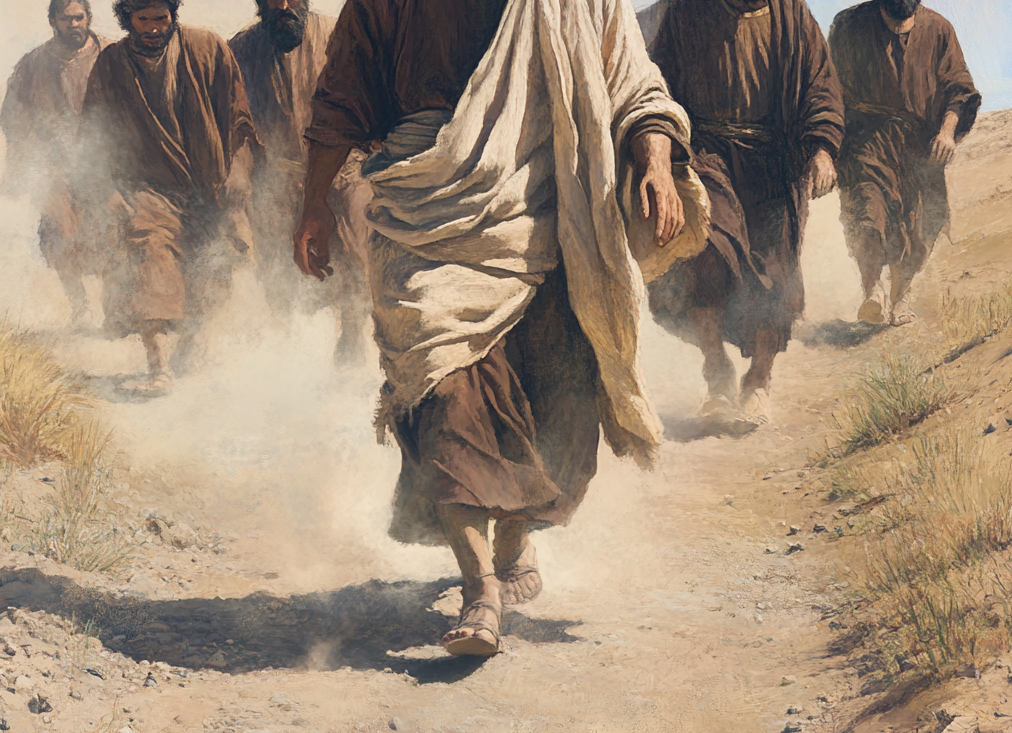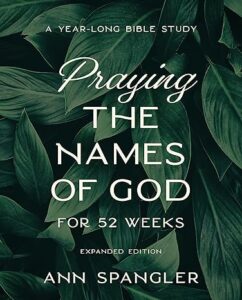
Rabbi, Rabbouni, and Teacher
This week’s name of Jesus is a bargain blowout sale – buy 1, get 2 free. Rabbi, Rabbouni, and Teacher.
I stumbled into the significance of the term Rabbi the way you might lean against a bookcase and trigger a secret door. The bookcase pivots, and you find yourself falling into a room you never knew existed – a room filled with all kinds of secret treasure. When I was writing biblical fiction, I did a google search for the term “lord” in Aramaic. Want to take a guess?
It’s Rab.
That rang a bell. A quick Blue Letter Bible search turned up Rab-saris, Rabshakeh, and Rab-mag; chief official, chief cupbearer, and magician or chief of princes, respectively–all Babylonian officials.
We think of rabbi as teacher, plain and simple. In fact, in John 1:38, John tells us that rabbi (the Aramaic word transliterated into Greek) means teacher (didaskalous.) But it’s so much more. “Rab” is what a slave would call his master, and “rabbi” used the first person possessive, “my master.” Rabbouni could be considered my great master or my dear master.
In Matthew 23:8, Jesus is wrapping up his final instructions to his disciples before he goes to the cross. He says something we might find puzzling.
But as for you, do not be called Rabbi; for only One is your Teacher, and you are all brothers and sisters.
Lois Tverberg has a blog dedicated to Rabbi Jesus. In the post entitled, “Can we call Jesus ‘Rabbi?‘” she gives the context for this instruction. Rabbi didn’t become a common term for teachers until around 70 AD. Jesus’s disciples called him Rabbi in the older, deeper sense of My Master, not just teacher.
We may have many teachers, but only one Master, Rabbi Jesus.
 This year-long blog series is inspired by Ann Spangler’s Praying the Names of God for 52 Weeks.
This year-long blog series is inspired by Ann Spangler’s Praying the Names of God for 52 Weeks.





2 Comments
Briana
The explanation of Matt 23:8 is very much appreciated!
Carolyn E. Jacobs
Thank you!